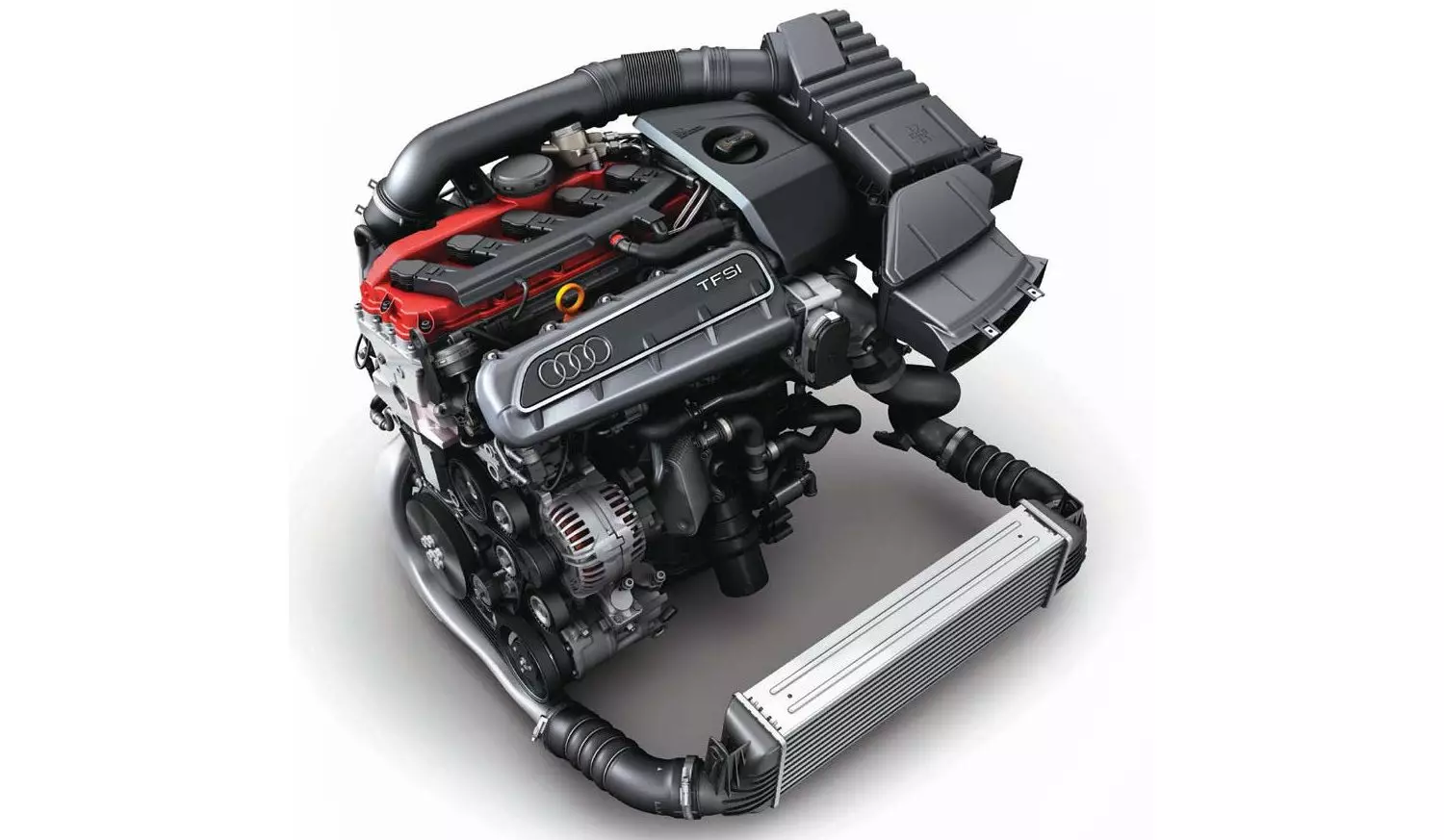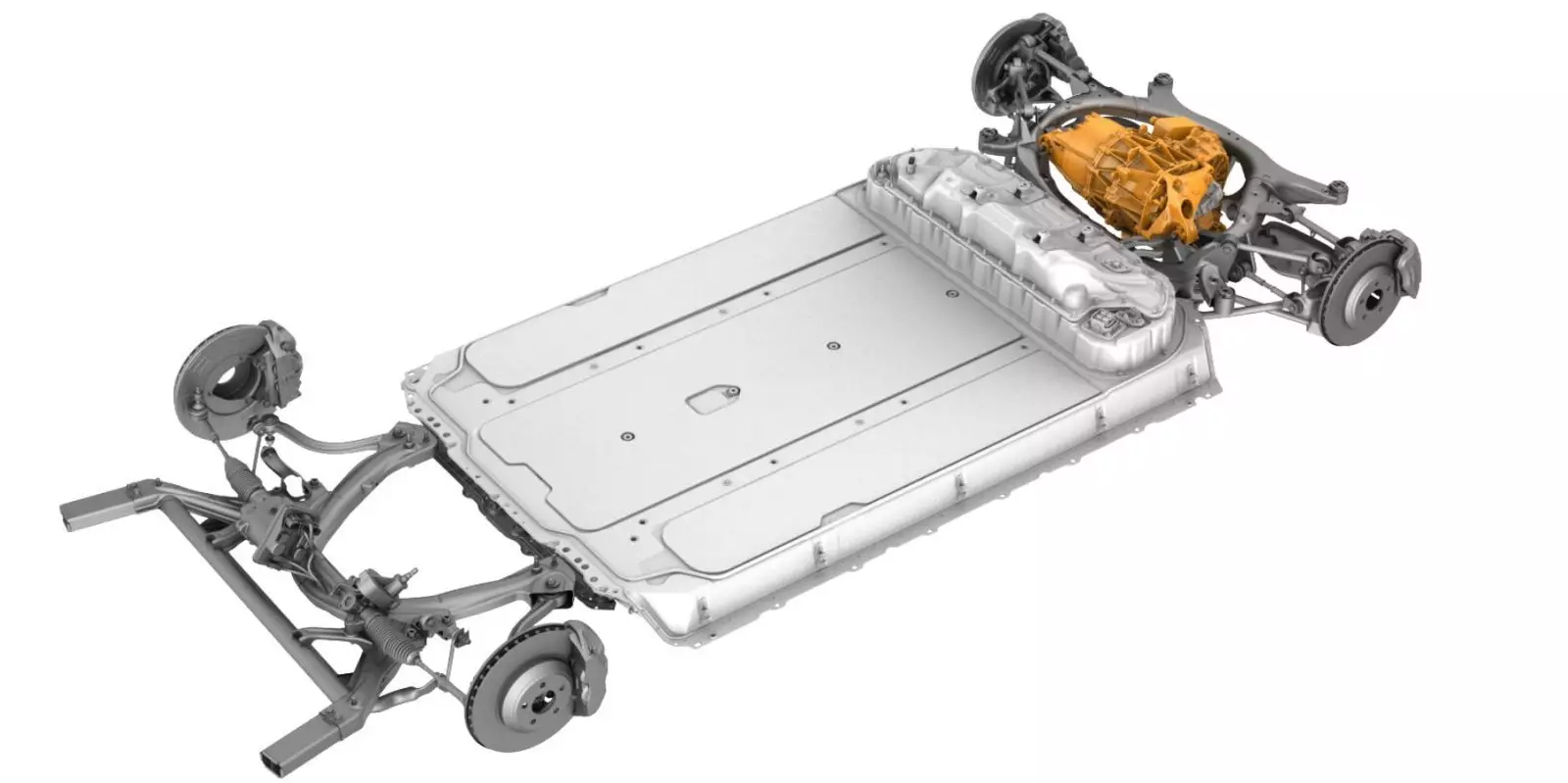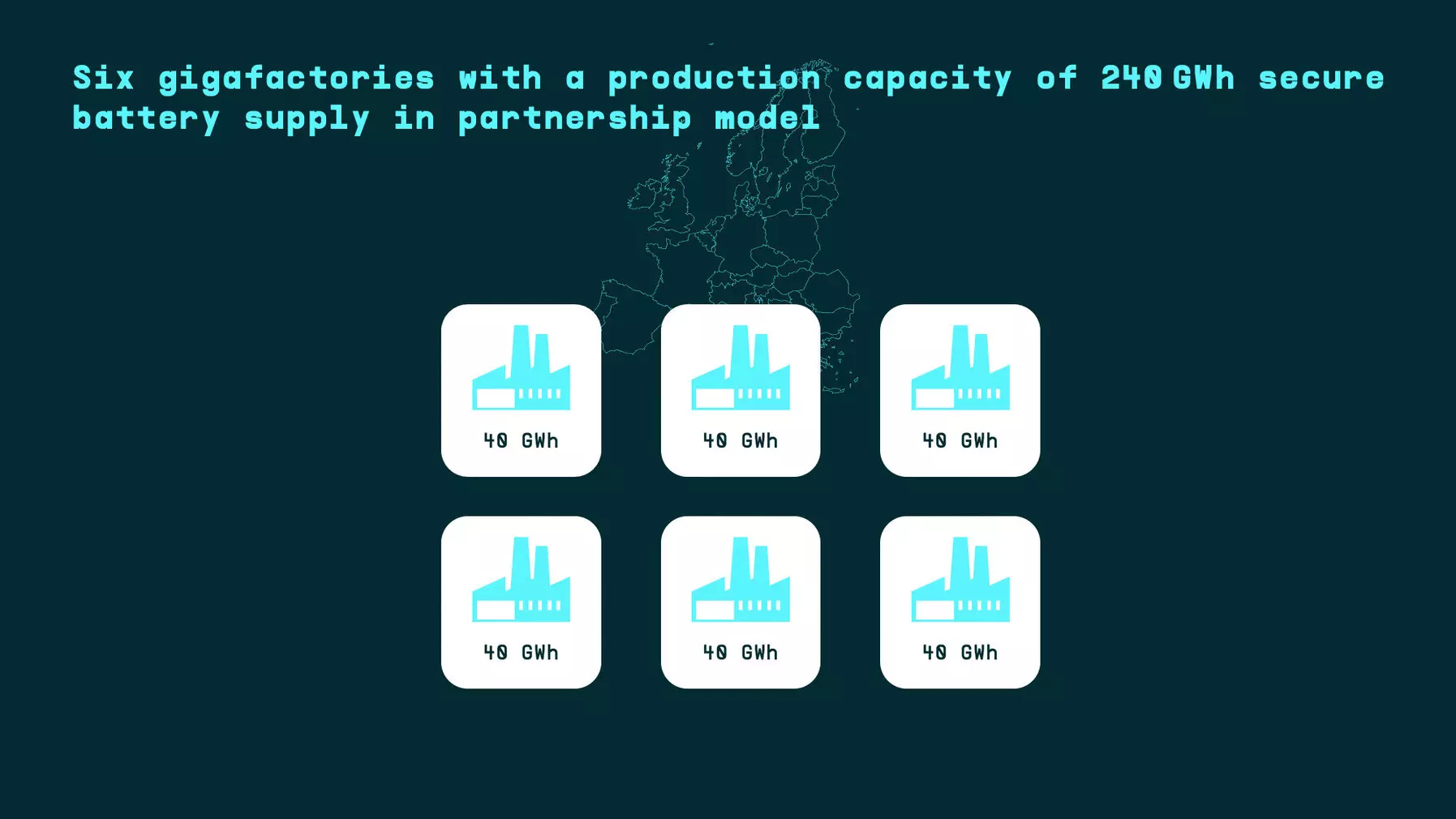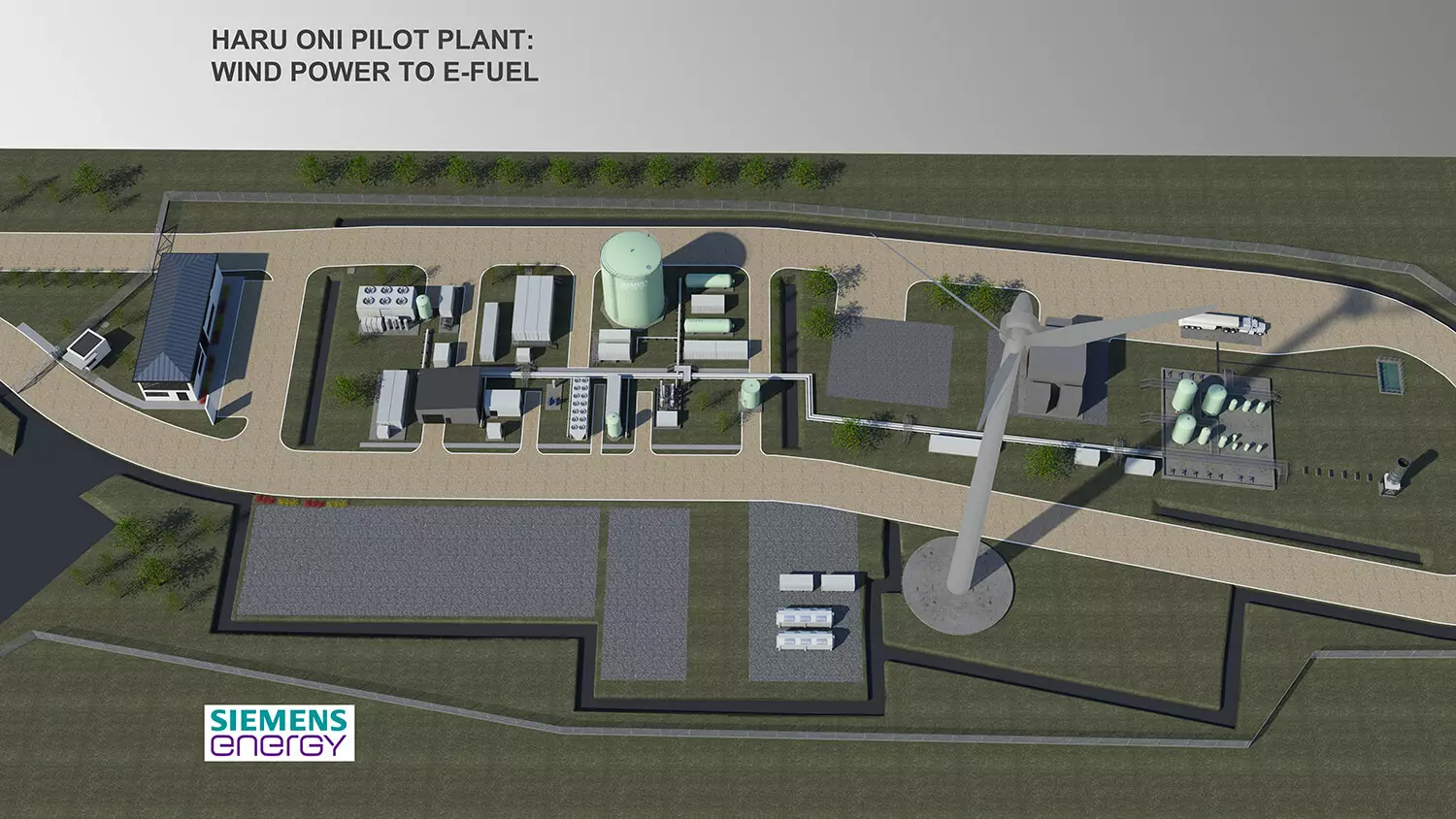Ford (Europe), Volvo and Bentley announced that they will be 100% electric starting in 2030. Jaguar will make that leap as early as 2025, the same year that MINI will launch its last vehicle with an internal combustion engine. Not even the small and sporty Lotus escaped this flurry of declarations: this year it will launch its last car with an internal combustion engine and after that there will only be electric Lotuses.
If others have not yet marked on the calendar the day when they will definitely say goodbye to the internal combustion engine, they have already announced, on the other hand, the large investments they will have to make in the coming years in electric mobility so that, by the end of the decade, half of its total sales are electric vehicles.
However, combustion engine development appears to be doomed to get “frozen” for many of these builders in the coming years. For example, Volkswagen and Audi (parted in the same automotive group) have already announced the end of the development of new thermal engines, just adapting the existing ones to any regulatory needs that may arise.

Too soon?
It's unusual to see the auto industry make these kinds of ads so definitive in such a long term. The market is never that predictable: did anyone see the pandemic coming from afar and see what effects it would have on the entire economy?
However, even though 2030 seems to be a long way off, we have to look at the calendar in another way: until 2030 is two generations of a model away. A model launched in 2021 will remain on the market until 2027-28, so its successor will already have to be 100% electric to meet the imposed schedule — and will this model achieve the volumes and margins of the model with a motor. combustion?
In other words, these builders, who assumed a 100% electrical future in 10 years, have to lay the foundations for that scenario… now. They have to develop new platforms, they have to guarantee the batteries they will need, they have to convert all their factories to this new technological paradigm.
However, the change seems premature.

The world rotates at different speeds
If China and, above all, Europe, are the ones that most insist on a paradigm shift, the rest of the world… not really. In markets like South America, India, Africa or much of Southeast Asia, electrification is still in its infancy or has yet to take off. And most builders, who increasingly put all their eggs in one basket, have a global presence.
Taking into account the desired pivotal change, the titanic effort it requires and the high risks it entails (the exorbitant costs of this change could jeopardize the viability of several builders, if returns do not appear), the world should not be better coordinated in this theme to give even better chances of success to the required change?

As I said, change continues to seem premature.
The battery-powered electric vehicle is being seen as a messianic solution that promises to solve all the world's problems... However, its implementation, despite being large in the media, is still very small in practical terms and is only happening in some parts of the world — how long will it take to get everywhere? Decades, a century?
And in the meantime, what do we do? Do we wait seated?
Why not use what we already have as part of the solution as well?
If the problem was fossil fuels that the internal combustion engine needed, we already have technology that allows us to do without them: renewable and synthetic fuels can effectively mitigate the emission of greenhouse gases and even reduce other pollutants — and we don't need to send hundreds from millions of vehicles to scrap at once. And synthetics could be the definitive kick-start for the so-called hydrogen economy (it's one of its constituent ingredients, the other is carbon dioxide).

But as we saw in relation to batteries, to make these and other alternative solutions viable, it is also necessary to invest.
What should not happen is this narrow vision of today that seems to want to close the door on the diversity of solutions we need for a better planet. Putting all the eggs in the same basket can be a mistake.
